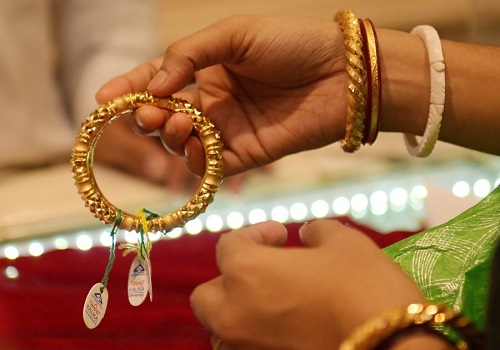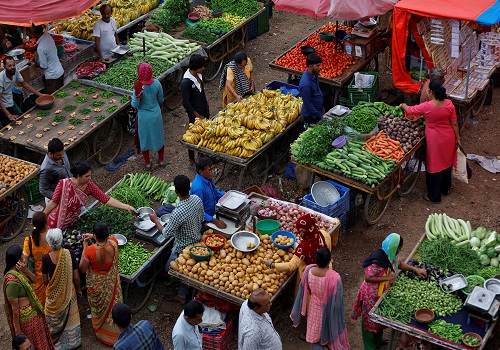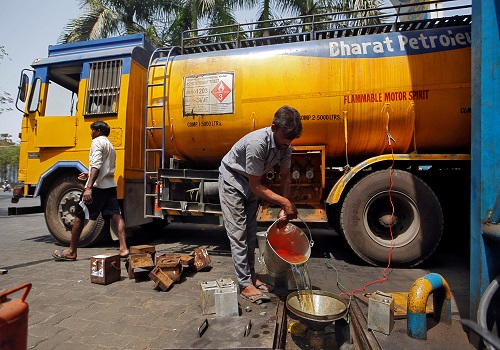Government decides to make changes to existing NBS policy to promote local production of P&K fertilizer
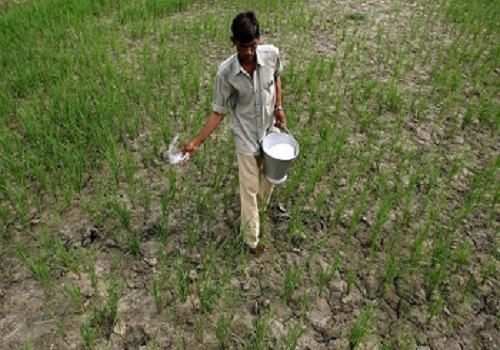
Follow us Now on Telegram ! Get daily 10 - 12 important updates on Business, Finance and Investment. Join our Telegram Channel
In order to promote domestic production of phosphatic and potassic (P&K) fertilisers amid a sharp rise in global prices, the government has decided to make changes to the existing nutrient based subsidy (NBS) policy. This decision will help in utilising the unutilised domestic production capacity of these fertilisers and promote Atmanirbhar Bharat.
Under the NBS policy, being implemented since April 2010, a fixed amount of subsidy which is decided on an annual basis is provided on P&K fertilisers depending on their nutrient content. Under this policy, maximum retail price (MRP) of P&K fertilisers is fixed by the fertiliser companies as per the market dynamics at reasonable levels which is monitored by the government. However, in the current 2020-21 fiscal, the government notified NBS rates for P&K fertilisers twice in order to keep domestic prices of these soil nutrients reasonable to farmers and ensure adequate supply.
Keeping in account high global prices, the government has also provided a special one time package for additional subsidy over above the NBS rates for period from October 2021 till March 2022 for Diammonium Phosphate (DAP) and three most consumed NPK fertilisers. The government has also included potash derived from molasses under the NBS scheme with effect from October, 2021.










Tag News

Monthly Debt Market Update, September 2023: CareEdge Ratings



More News

Urea import dependency in India to reduce to 10-15% in near to medium term: Crisil
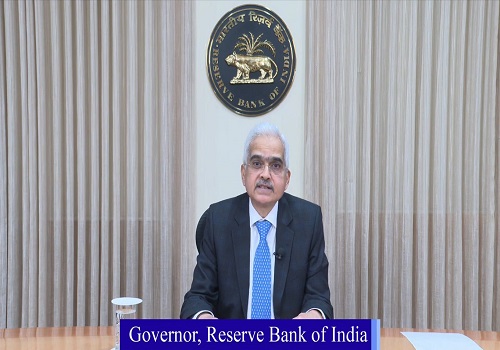

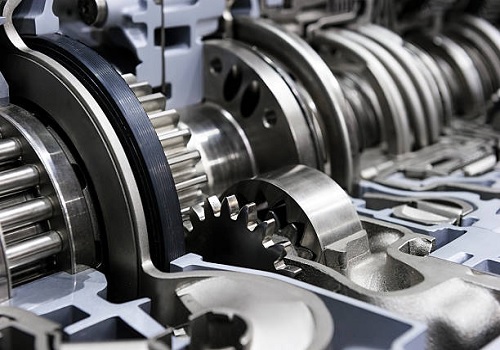


 320-x-100_uti_gold.jpg" alt="Advertisement">
320-x-100_uti_gold.jpg" alt="Advertisement">


